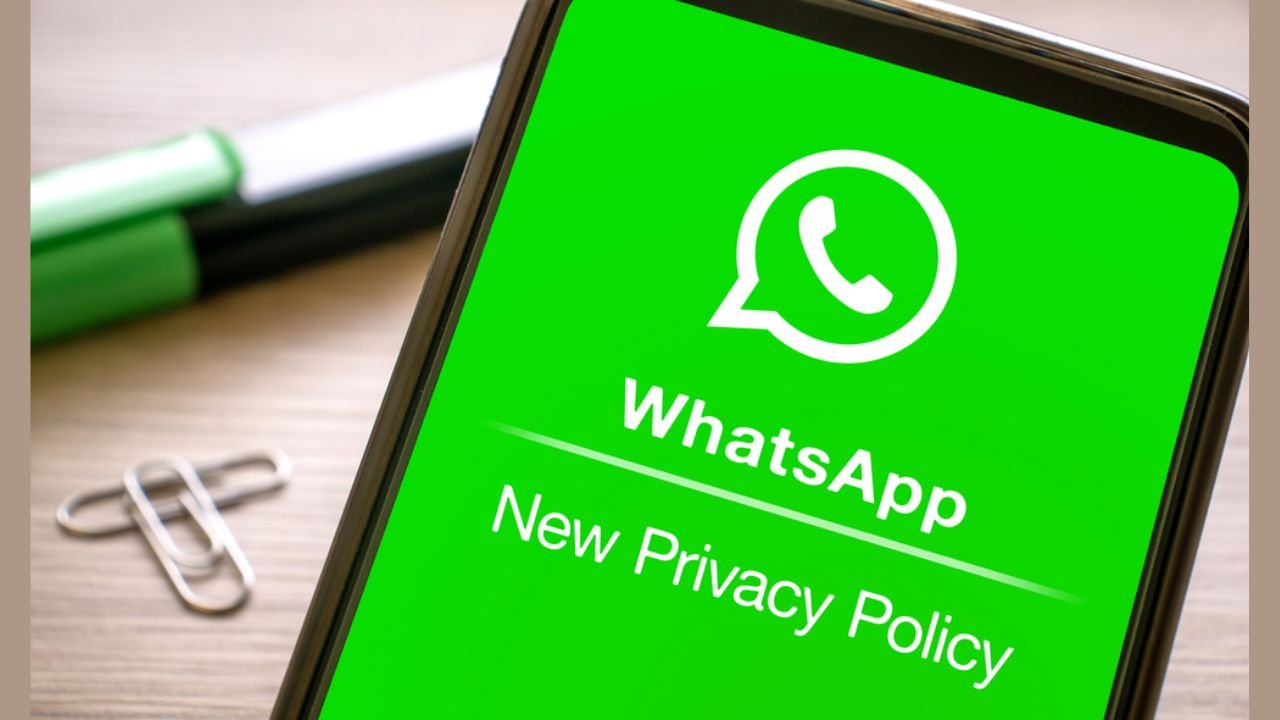WhatsApp has informed the BBC that it is backing Apple in its legal battle against the UK Home Office regarding user data privacy.
Will Cathcart, WhatsApp’s head, warned that the case “could set a dangerous precedent” by encouraging other countries to try to break encryption, the technology that tech companies use to keep users’ data private.
Apple took legal action after the Home Office issued a notice demanding access to the data of its global users, citing national security concerns. Critics, including Apple and WhatsApp, argue that this request threatens the privacy of millions of users.
The Home Office declined to comment on the ongoing case but stated that the UK aims to protect its citizens from serious crimes like child abuse and terrorism, while also safeguarding privacy.
WhatsApp has asked the court to allow it to submit evidence in support of Apple’s effort to overturn the Home Office’s demand. Cathcart emphasized that WhatsApp will oppose any law or government request that weakens encryption and is committed to protecting private conversations online.
This support from WhatsApp, owned by Meta, marks a significant escalation in the tense dispute between the UK and the US.
The conflict began in February when it was revealed that UK ministers wanted access to information protected by Apple’s Advanced Data Protection (ADP) system. Apple responded by withdrawing ADP in the UK and filing a lawsuit against the Home Office.
The dispute also caused uproar among US politicians, who criticized the UK’s demands as a threat to US cybersecurity and called on the US government to reconsider intelligence sharing with the UK if the notice wasn’t withdrawn.
US National Intelligence Director Tulsi Gabbard called it a “serious violation” of Americans’ privacy.
Civil rights organizations have also condemned the UK government’s demands, citing global privacy and security concerns. The Open Rights Group praised WhatsApp’s involvement, saying it highlights the widespread worry over the threat to privacy and security. Its executive director, Jim Killock, stressed the importance of the court hearing from as many companies and groups as possible to fully understand the impact of the Home Office’s actions.
Apple’s ADP uses end-to-end encryption (E2EE) for files like photos and notes on iCloud, meaning only users hold the key to access them. This same technology secures messaging apps such as WhatsApp. While law enforcement can request data protected by weaker security with a court warrant, they currently have no way to access E2EE files, as no method exists to provide this access without breaking encryption.
Tech firms have consistently opposed creating a “backdoor” to encrypted data, fearing it would compromise user privacy and eventually be exploited by criminals.
In 2023, WhatsApp stated it would rather be banned than weaken its E2EE. When Apple withdrew ADP in the UK, it said it did not want to create a vulnerability that “bad actors” could exploit.
Adding complexity, the Home Office made its request to Apple using a Technical Capability Notice (TCN), a legally secret order that neither Apple nor the Home Office has confirmed publicly. WhatsApp says it has not yet received a TCN.
During court proceedings, government lawyers argued that the case should remain secret for national security reasons. However, in April, a judge ruled in favor of several news organizations, including the BBC, allowing some details to be made public. The judge said it would be extraordinary to hold the hearing entirely in secret without acknowledging it was happening.
The Home Office told the BBC that the UK has strong safeguards and independent oversight to protect privacy. It also stated that these powers are used only rarely and strictly for the most serious crimes, and only when necessary and proportionate.






